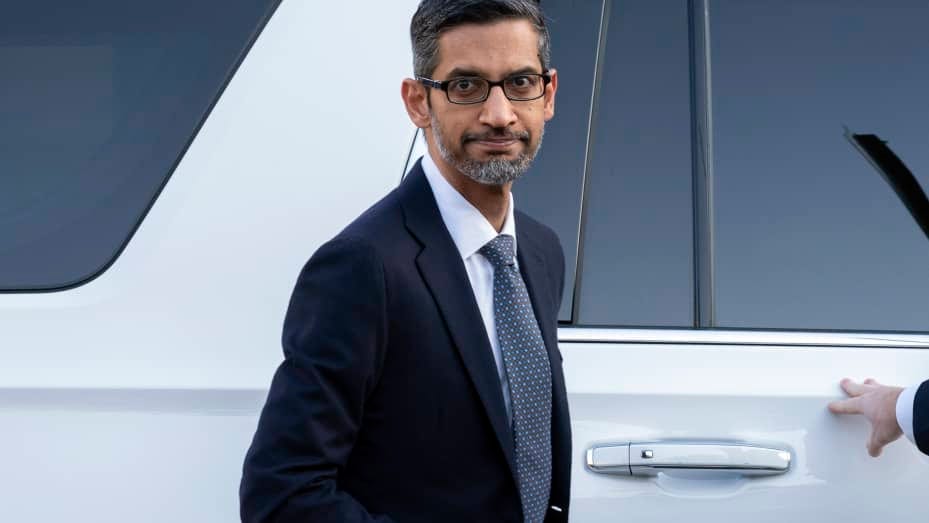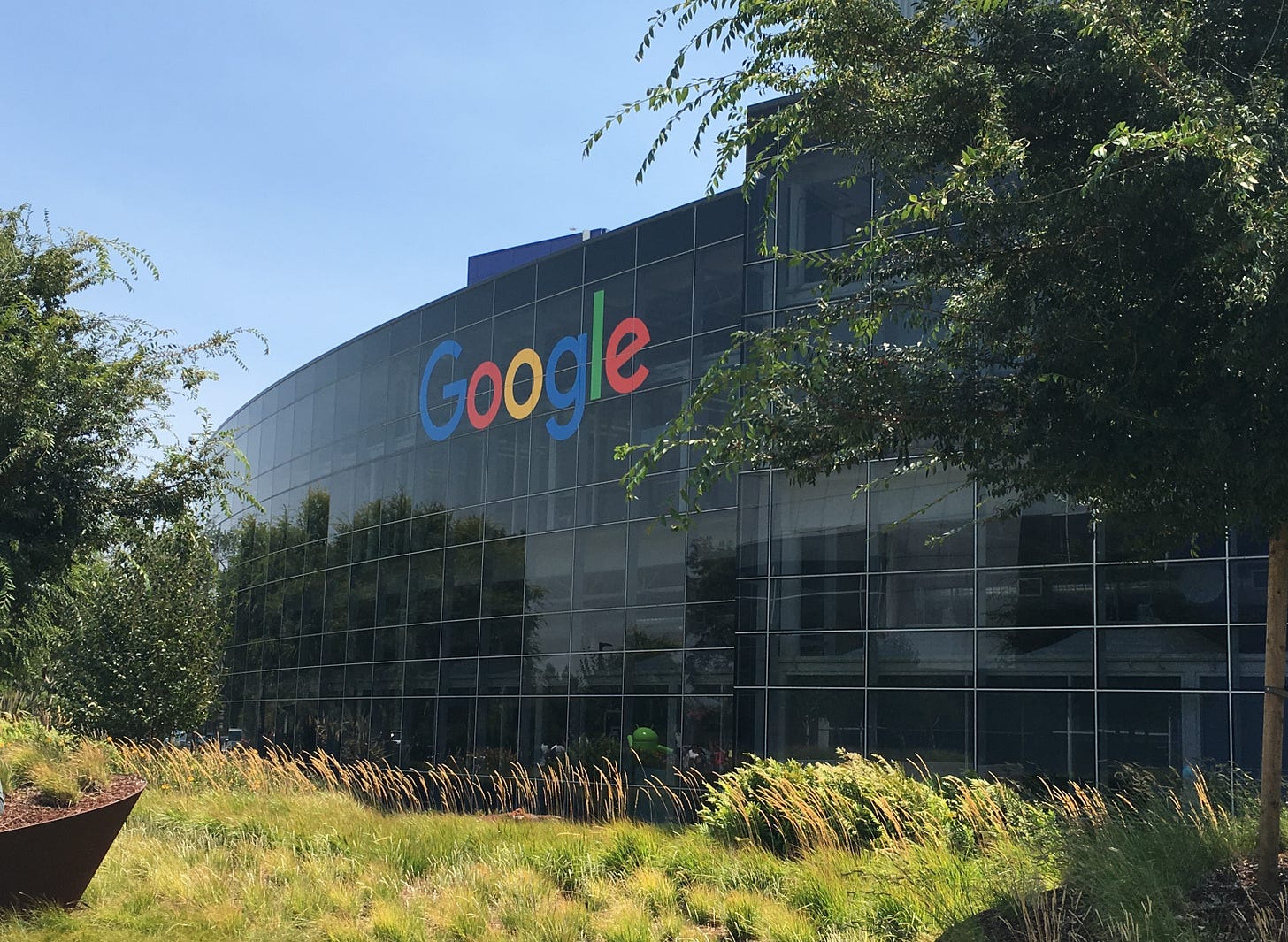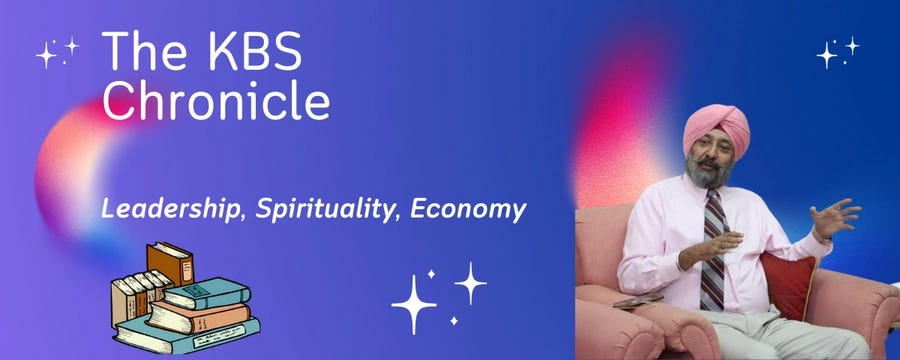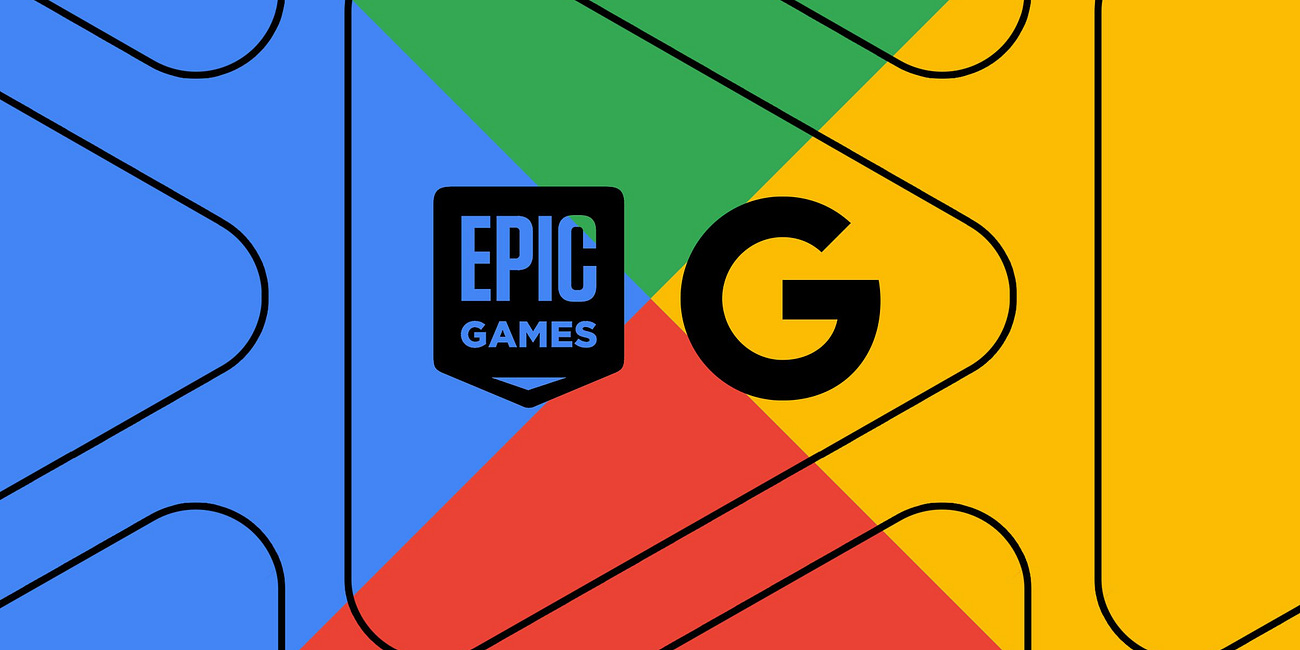102 Million US Consumers Eligible for Google’s $630M Lawsuit Settlement
Settlement Overview: A Major Win for Consumers
Google's commitment to pay $630 million in a lawsuit centered around its App Store practices signifies a notable turning point in the technology sector. Revealed on the evening of December 18, Pacific Time, this settlement is not just a landmark in the ongoing legal struggles confronting major technology corporations; it also heralds a significant victory for consumers. This development underscores the growing recognition that consumers must be protected from potential exploitation by dominant Big Tech companies.
Lawsuit Background: Expanding Impact Across the U.S. and Beyond
The lawsuit, initiated in July 2021 by Attorneys General from 36 states and the District of Columbia, squarely focused on Google's purported unfair practices within its Google PlayStore. Over time, the case widened its scope, encompassing all U.S. states, Puerto Rico, and the U.S. Virgin Islands, thereby attaining a Pan-American relevance. The far-reaching impact and implications of this settlement hold the potential to influence regulatory decisions not just in the Americas, but also in key global markets such as the European Union and India. This expansion highlights the lawsuit's significance as a benchmark for international regulatory standards in the tech industry.
Settlement Terms: Automatic Payouts and State Funds
As part of the settlement agreement, Google has committed to automatically distribute $630 million among approximately 102 million eligible consumers throughout the United States and its territories. This unique aspect of the settlement eliminates the need for individual consumers to file separate claims. Furthermore, an additional $70 million fund has been earmarked specifically for states to manage and address related claims. This allocation strategy simplifies the process for consumers and ensures a more efficient distribution of the settlement funds.
Strategic Delay in Settlement Announcement Tied to Epic Games Case
The public disclosure of Google's settlement terms was strategically postponed under the directive of Judge James Donato. This decision was specifically aimed at preventing any potential influence on the jury deliberations in a parallel lawsuit. Epic Games had filed this separate legal action against Google, addressing comparable concerns about monopolistic practices in app store operations. The conclusion of the Epic Games case last week, marked by a decisive jury verdict, subsequently cleared the path for the official announcement and filing of Google's settlement. This sequence of events underscores the interconnected nature of legal proceedings in the tech industry.
Epic Games vs. Google: A Significant Legal Confrontation
As previously mentioned, the legal landscape for Google was further complicated by a parallel lawsuit involving Epic Games. In this case, a San Francisco jury delivered last week a verdict in favor of Epic Games following a brief deliberation period. This decision signals substantial challenges for Google, particularly regarding its app store practices. In response to this adverse verdict, Google has declared its intention to file an appeal, illustrating the persistent and evolving legal battles within the technology industry. This case serves as a critical example of the increasing scrutiny and regulatory challenges faced by major tech companies1.
Determining Consumer Eligibility and Enhancing Developer Flexibility
In terms of consumer eligibility for the payout, individuals who made qualifying purchases through Google Play from August 2016 to September 2023 are considered eligible. This inclusive timeframe ensures a broad base of beneficiaries. Additionally, in a move that significantly impacts the developer community, Google has consented to introduce more flexibility in its app store practices. This includes providing app developers with the option to use third-party billing platforms and simplifying the process of “sideloading” apps. These changes mark a substantial shift in Google's approach, potentially leading to a more open and competitive app marketplace.
Industry Response and Potential Regulatory Shifts
The settlement has been widely hailed by State Attorneys General as a triumph for consumer rights, emblematic of a broader crackdown on monopolistic tendencies within the tech industry. This sentiment is exemplified by Colorado Attorney General Phil Weiser's statement, where he emphasizes the lawsuit's goal to challenge the illegal use of monopoly power to inflate prices and restrict consumer choices. Such statements reflect a growing resolve among regulators to address these issues.
Conversely, Google's response, as articulated by Wilson White, the company's Vice President of Government Affairs and Public Policy, strikes a tone of compliance and progression. In his blog post, White expressed satisfaction in resolving the case, highlighting the continuous evolution of Android and Google Play.
This juxtaposition of viewpoints underscores a significant moment in the tech industry, suggesting a possible point of inflexion, if not a turning point, towards more stringent regulatory oversight and revised industry standards. The outcomes of these legal battles, including the instant settlement and the Epic Games verdict, are poised to shape the future landscape of digital marketplaces and consumer protection.

Continual Legal Challenges and Heightened Industry Oversight
In addition to the ongoing appeal in the Epic Games case, Google is confronting several other antitrust litigations brought forth by the U.S. Justice Department. These cases, focusing on alleged monopolistic practices, place Google in the spotlight of regulatory scrutiny. The responses from the tech giant to these challenges, along with the eventual legal resolutions, are of significant interest. They have the capacity to fundamentally alter the operational paradigms of major tech corporations. This sustained legal pressure signals an era of increased accountability and potential restructuring within the technology industry.
Summing Up and Looking Ahead: A Watershed Moment for Big-Tech Accountability
The resolution of the Google lawsuit, alongside the concurrent verdict in the Epic Games case, marks a watershed in the regulation of the technology industry. These events highlight a growing trend of intensified scrutiny and oversight of tech giants, reflecting a dynamic shift in the regulation of digital marketplaces. While the outcomes of individual lawsuits remain uncertain and subject to the complexities of legal proceedings, one clear trajectory emerges from these developments: consumers globally are poised to benefit from these changes. This era signals a move towards more equitable and consumer-friendly practices in the tech world, promising a fairer and more competitive digital market environment.
David Fells Goliath: Google Loses Crucial Anti-Trust Case to Epic Games
Google Stunned by Epic Games' Antitrust Win In a landmark ruling that reverberated through the tech world, Epic Games achieved a significant victory over Google in a San Francisco courtroom this week. On Monday, December 11, the jury found that Google's management of its app store violated anti-monopoly laws, striking a major …








